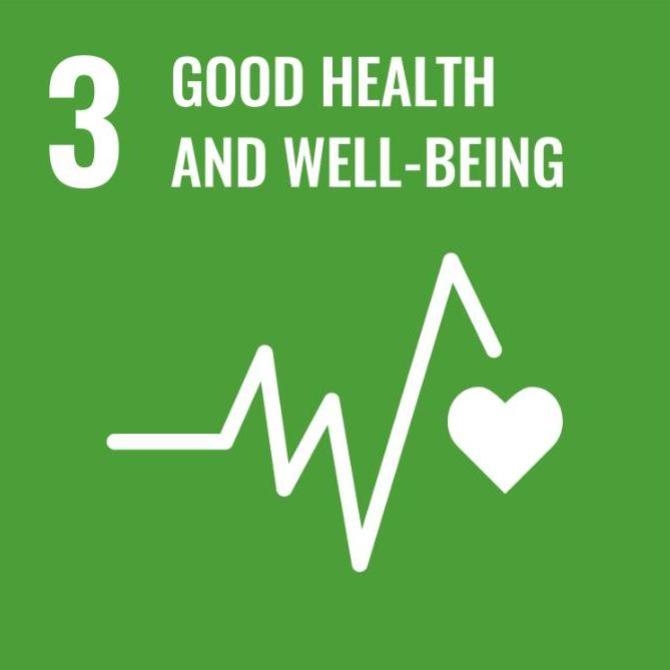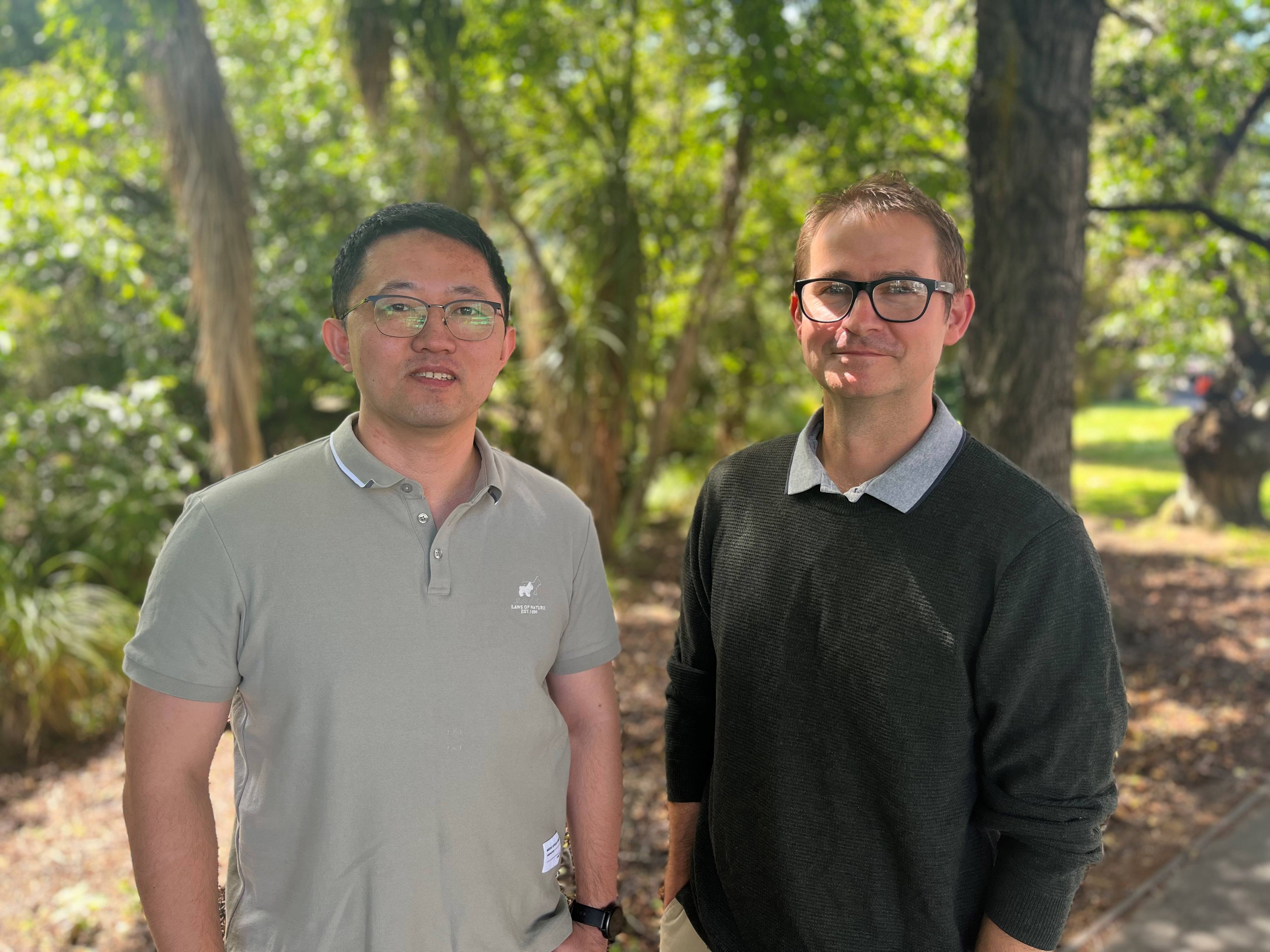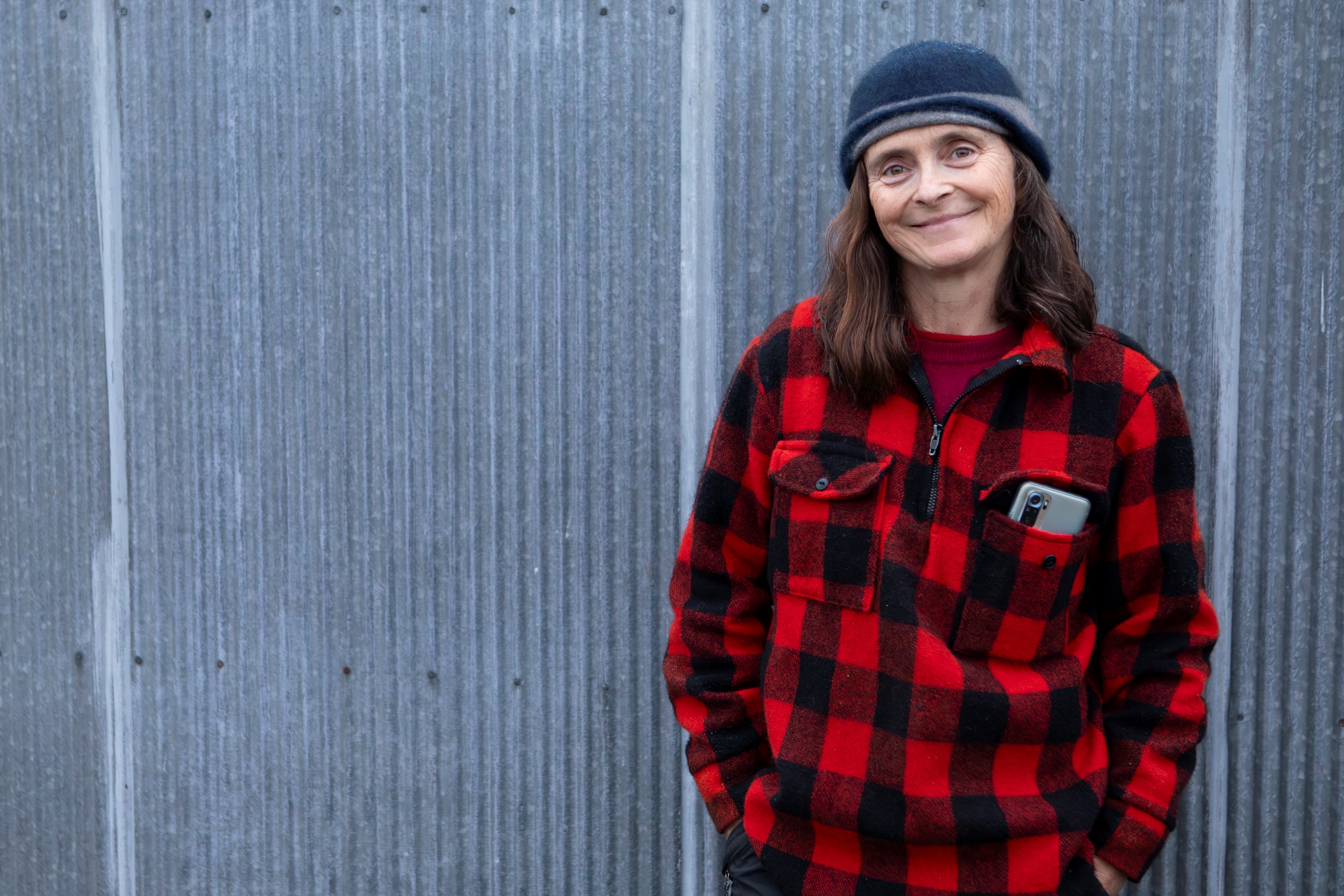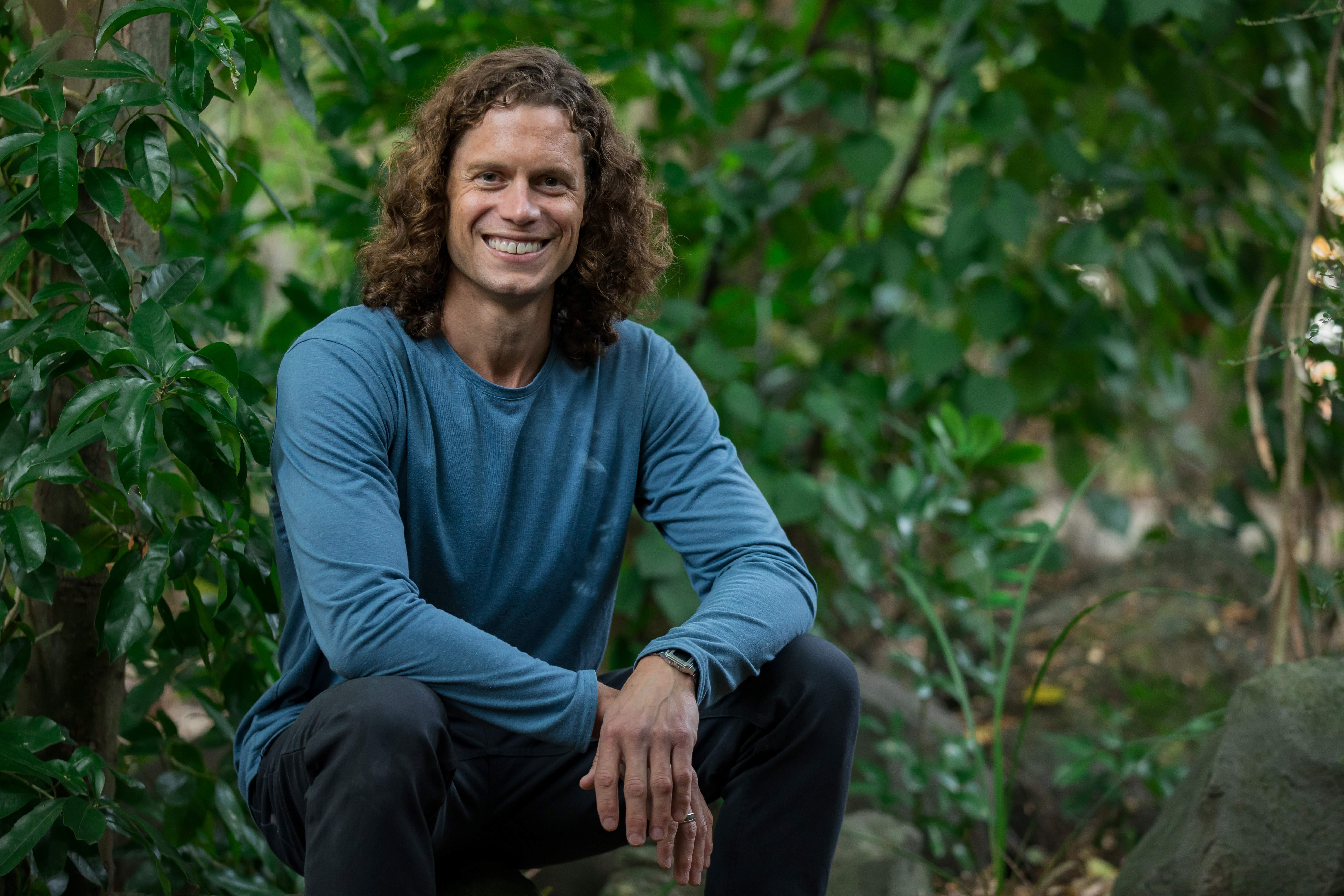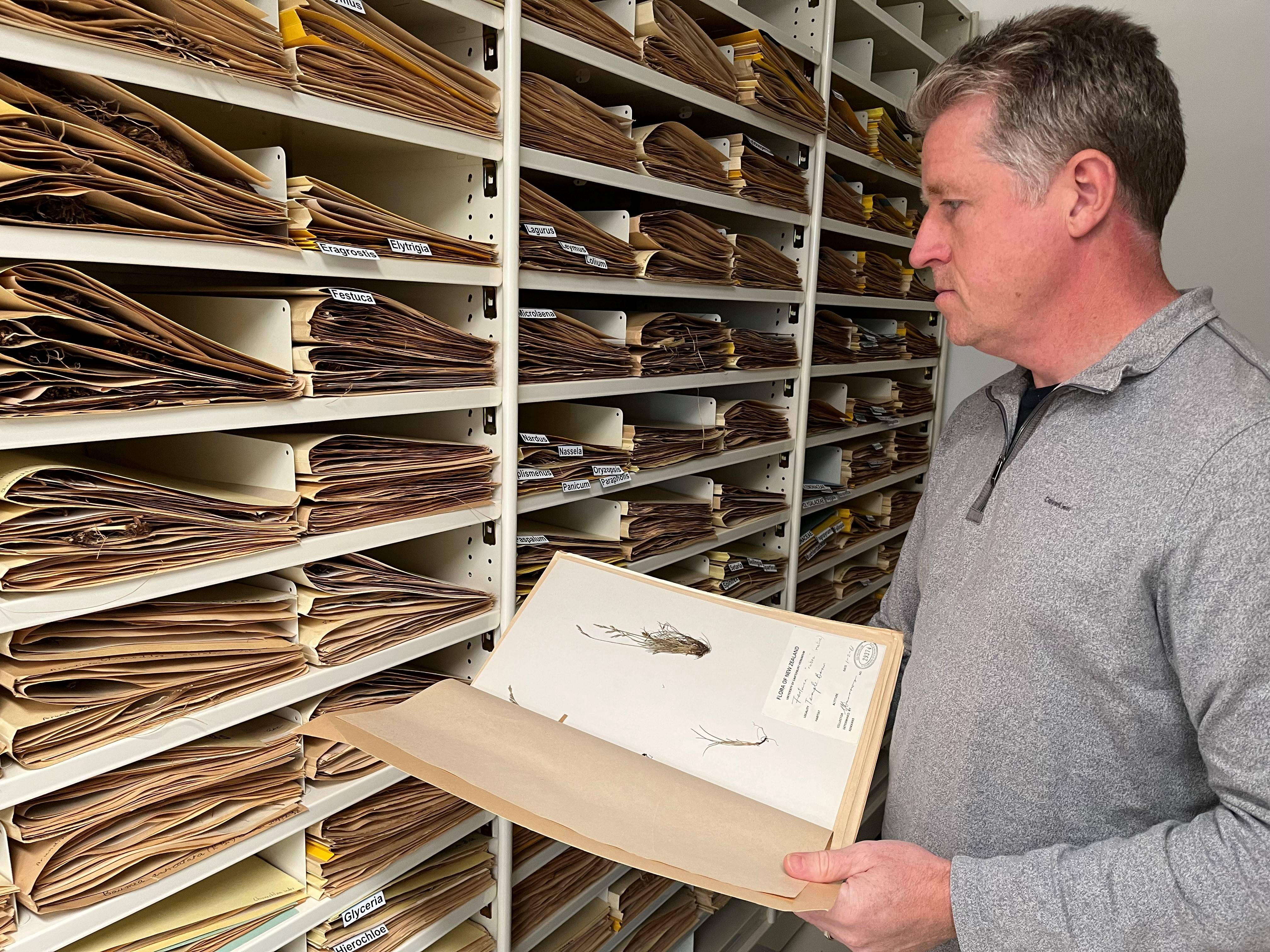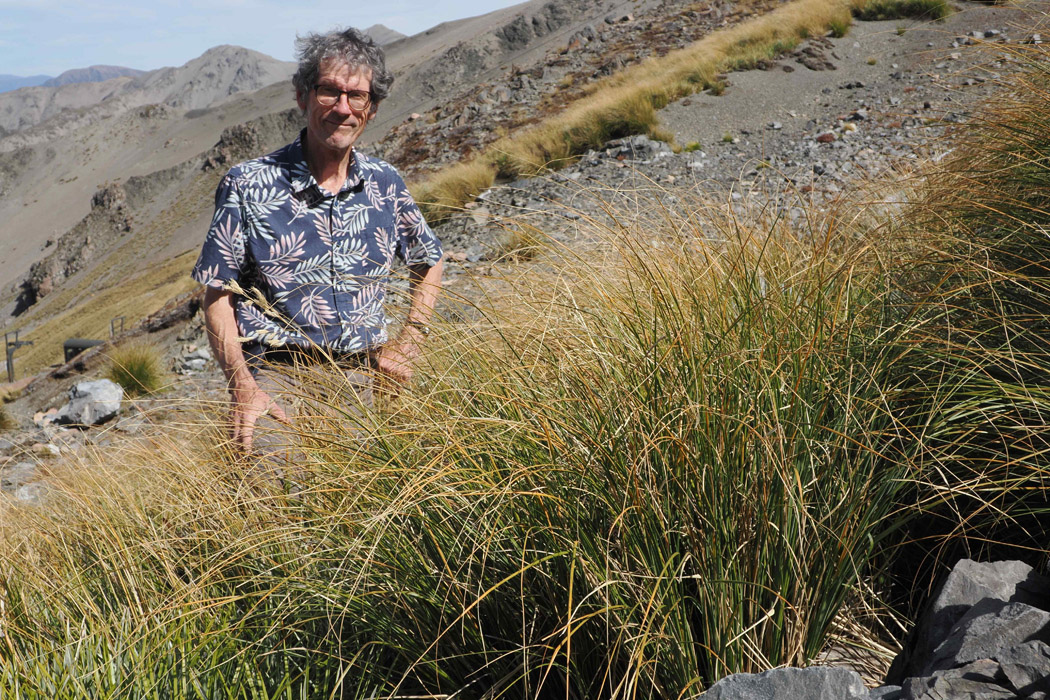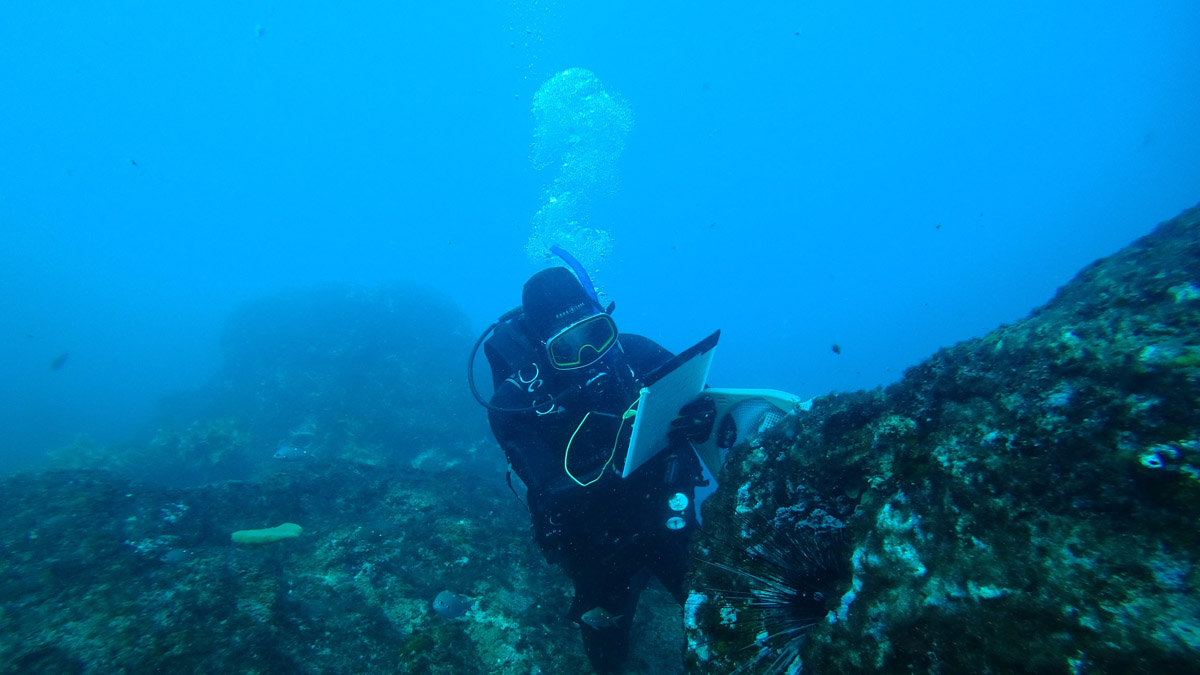Published in the journal Social Science and Medicine the study, a collaboration between researchers from UC, Otago, and Auckland, is part of a wider project funded by Cure Kids and A Better Start National Science Challenge. The research investigated a range of protective and detrimental environmental factors that may influence youth mental health. The team used the Healthy Location Index, a tool developed by UC’s GeoHealth Laboratory, in conjunction with population-level mental health data contained in the Integrated Data Infrastructure.
“We’d previously developed a nationwide geographical measure of how healthy or unhealthy your neighbourhood is,” explains Dr Hobbs. “This was based on access to five health-promoting features, including fruit and vegetable outlets and greenspaces, and five health-constraining environmental features, including liquor stores and gambling venues.”
The results of the study showed that young people living in health-constraining environments were more likely to experience poorer emotional and mental health. Young people living in health-promoting environments were less likely to have problems with substance-abuse. While Dr Hobbs acknowledges that environmental factors are only one of the complex influences impacting youth mental health, he hopes the study’s findings could help to inform practical interventions by policy makers.
“While we know there are many influences on mental health, it’s possible that small changes in upstream factors, such as environment, may result in large improvements in the mental health of a population, because of a population-level shift in the distribution of risks, exposures and resources.”
Having seen the limitations of less nuanced public health interventions, Dr Hobbs is committed to research that takes multiple factors - including environmental influences - into account. He believes a focus on the lived experiences of individuals and communities is key.
“Previously, I was involved in public health interventions with children and their families which aimed to improve their physical activity. I quickly realised that, although they were coming to these interventions, when they went back out into the real world, the environments around them weren’t helping them make healthy decisions.”
Dr Hobbs, who has worked at UC since 2018, is a nationally and internationally recognised expert in medical geography. This specialty involves mapping public health issues by specific location, down to the level of individual neighbourhoods.
“Every project I do aims to influence positive environmental or social change,” he says. “It needs to have a real-world impact, although sometimes it can take a long time for our research findings to filter through into policy.”
Dr Hobbs hopes to extend his current research to a longitudinal model that would track the environments study participants were exposed to over time.


